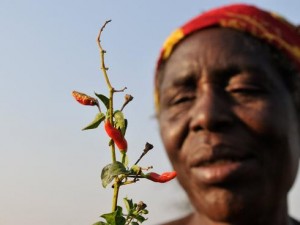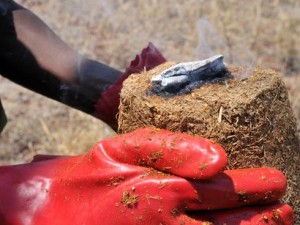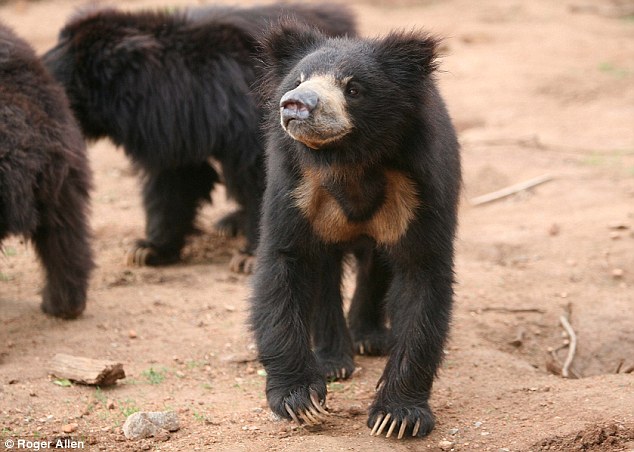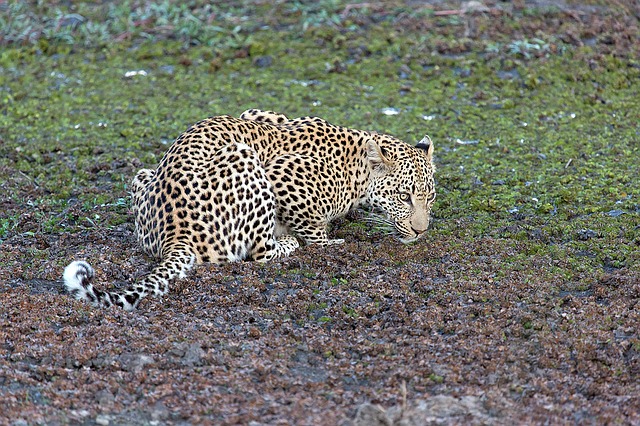 For African farmers living near the forest, the problem of man-elephant conflict is as persistent and troublesome as that in India. Fearing the total destruction of their maize farm by elephants the farmers near Africa’s Sioma Ngwezi National Park tried all methods of protection until they came up with an idea that has really helped them keep the elephants at bay without harming them. It is the use of the innovative new Chilli Bomb, a simple and effective idea that India too can replicate.
For African farmers living near the forest, the problem of man-elephant conflict is as persistent and troublesome as that in India. Fearing the total destruction of their maize farm by elephants the farmers near Africa’s Sioma Ngwezi National Park tried all methods of protection until they came up with an idea that has really helped them keep the elephants at bay without harming them. It is the use of the innovative new Chilli Bomb, a simple and effective idea that India too can replicate.
Families living in small villages near the Sioma Ngwezi National Park in Africa rely mainly on maize crop for their livelihood. The park is the world’s largest trans-border protected area that crosses five African countries—Angola, Botswana, Namibia, Zambia and Zimbabwe. But life is not easy for these farmers as erratic rains and invasion by wild elephants make it difficult for them to ensure a good yield.
There are an estimated 3000 African elephants in the Zambia region of the park and more frequently pass through from Angola and Bostwana. For families of farmers like the Kakwenga family that lives in a small village in Zambia, it is these elephants that pose a bigger problem than any other.
Cosmos Kakwenga has moved his field away from the route frequently used by the elephants. Sleeping out in the fields, banging drums, even using vuvuzelas are some common tricks the Kakwengas and other families have used to distract the elephants away from their crops. But a farmer cannot spend 24 hours protecting his crop and elephants may raid anytime.
WWF is trying hard to create elephant safe corridors in the region but it is a new practice that has actually helped the locals keep their maize farm safe. Jumbos have a keen sense of smell and it is this they use frequently to smell water miles away and reach that location. Knowing this, the Africans have now started using chilli bombs to make elephants keep away from the ‘pungent’ smelling farms.
 The Chilli Bomb is a simple mixture. Crushed chillies are mixed with water and elephant dung available in abundance in the area, to create the cube shaped bombs that are then dried and a small dent is made in the top of the bomb. When the elephants are around, the bombs are placed around the maize fields, lit with hot coals and left to burn for hours.
The Chilli Bomb is a simple mixture. Crushed chillies are mixed with water and elephant dung available in abundance in the area, to create the cube shaped bombs that are then dried and a small dent is made in the top of the bomb. When the elephants are around, the bombs are placed around the maize fields, lit with hot coals and left to burn for hours.
Kakwenga is anexpert in creating these bombs and says that elephants stay miles away when such a bomb is lit as the smell is too strong for their sensitive noses.
The challenge though for the locals is that the core ingredient – chilli, needed to make this bombs is not grown commercially in the region and costs high. WWF has helped collaborate with local NGOs to provide the farmers with the chilli and make these bombs. The organisation also hopes that more farmers will grow chillies as a cash crop so that the chilli for the bomb is more easily available.
What we can learn
Chilli is not that difficult to find in India. Here it will be much easier for farmers in states like Kerala, Karnataka, Assam, Orissa etc. to create such bombs and place them in appropriate locations near villages and farms so as to avoid conflict with elephants. It is an idea worth experimenting with.
More Related Stories,
Jumbo Ferries Saving Marooned Villagers
Sensor to save Elephants from Being Hit by Trains






3 thoughts on “Explosive Idea Resolves Man-Elephant Conflict”